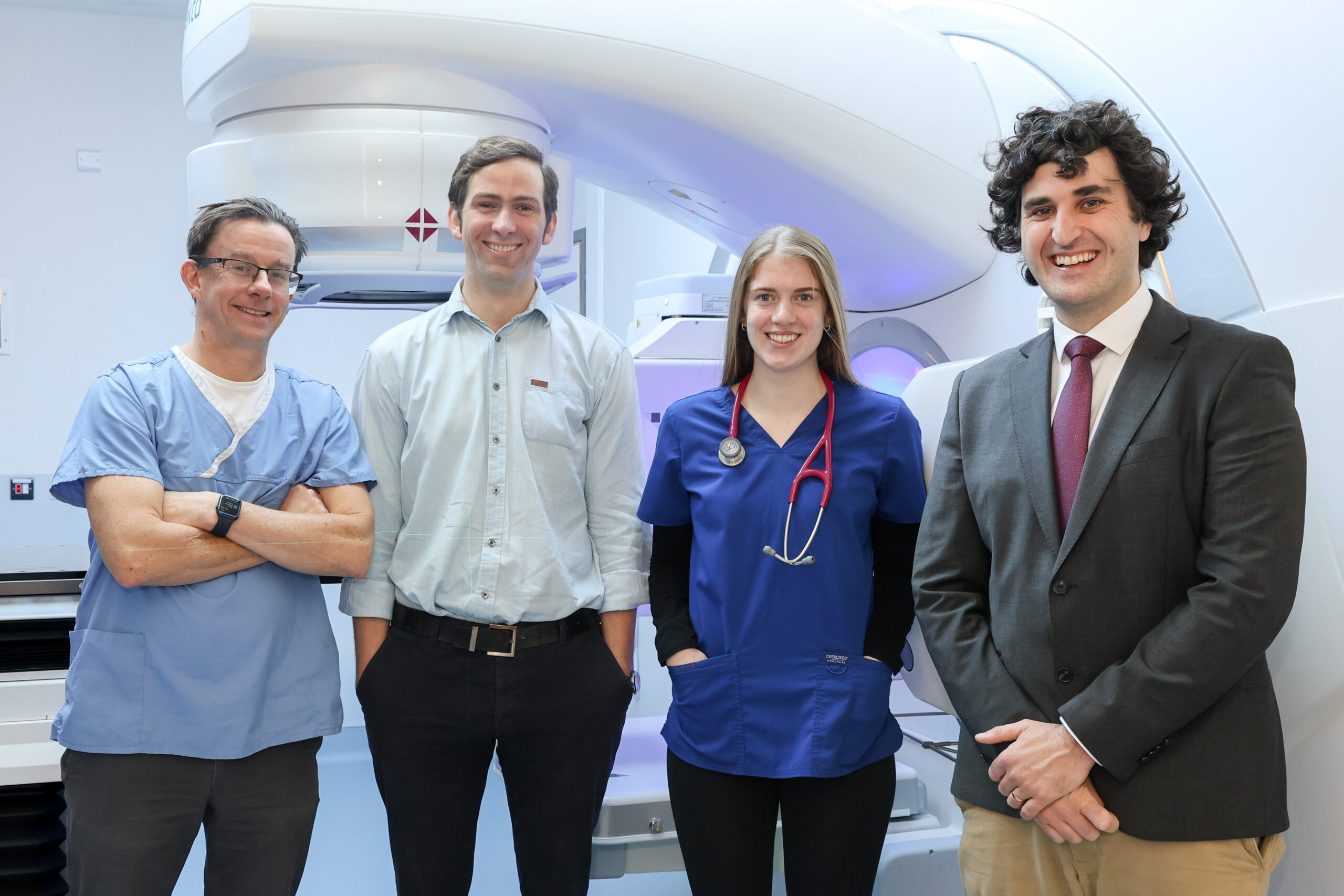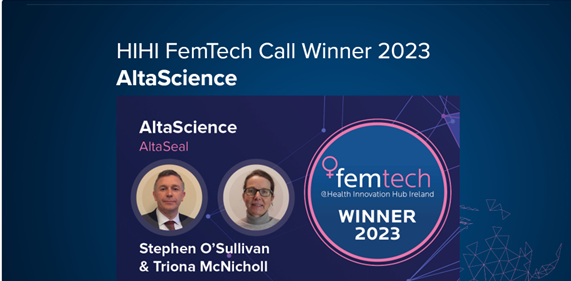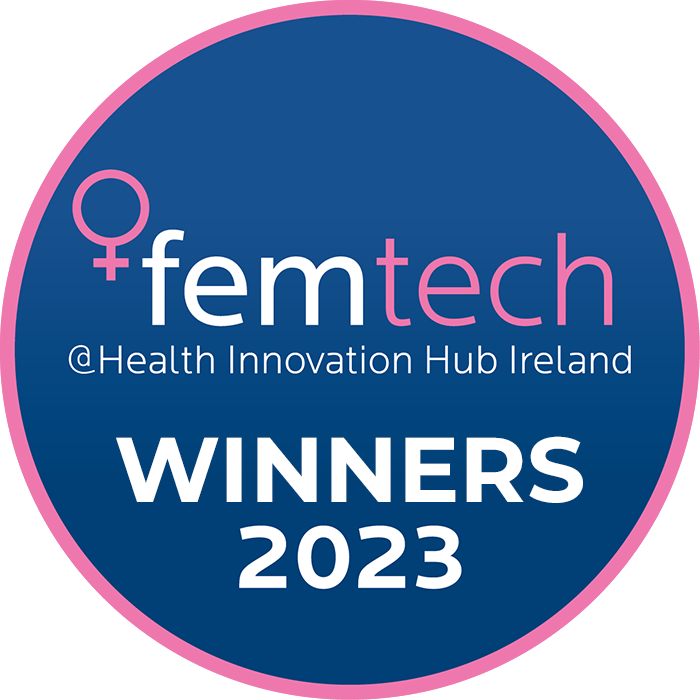
Photo caption Left to right: Prof. Donal Redden, Consultant Nephrologist at Galway University Hospital, Dr David Keane, Postdoctoral Researcher at the University of Galway, Dr Sarah Monahan, Senior House Officer in Nephrology at Galway University Hospital, and Dr Conor Judge, Consultant Nephrologist at Galway University Hospital
How our doctors are using AI in the HSE
A team of clinicians and researchers from Galway are using Artificial Intelligence to transform how we treat patients with kidney disease
The collaboration involves the Saolta University Health Care Group, HSE National Health Intelligence Unit, College of Medicine, Nursing, and Health Science, University of Galway, The National Renal Office, HSE Integrated Information Services, Insight Data Analytics, Health Innovation Hub Ireland, and eHealth Ireland. It has been funded by the Public Service Innovation Fund operated by the Department of Public Expenditure, NDP Delivery and Reform (DPENDR).
Chronic Kidney Disease (CKD) is a progressive condition that affects approximately 10% of people worldwide. Some patients with CKD progress to kidney failure requiring lifesaving treatments like dialysis or kidney transplant. The Kidney Disease Clinical Patient Management System (KDCPMS) is an electronic health record to manage the care of patients receiving dialysis or kidney transplant. One challenge faced by healthcare providers is extracting actionable information from large quantities of unstructured free text, such as clinical notes and outpatient letters, stored in the KDCPMS. This data in its current form is difficult to organise and use for making national decisions about kidney care in Ireland. Now, the renal AI project is using Artificial Intelligence Language Models to extract key structured information from the free-text clinical notes to inform national kidney disease strategy.
The AI powered solution will ensure uniformity and clarity in health records. This information is now being used to compare the quality of Irish patient care to other European and international nephrology centres, a previously impossible task.
Dr Conor Judge, a consultant nephrologist at Galway University Hospitals and senior lecturer in Applied Clinical Data Analytics at the University of Galway, and Clinical Lead in Health Innovation Hub Ireland, is leading this transformative project.
He expressed his excitement for the project, stating that “using Artificial Intelligence in this way will allow us to harness this rich data source to improve patient care in a way that has not been possible to date. We are grateful to the team in the Public Service Innovation Fund who support these types of initiatives that will improve our healthcare system in a meaningful way for patients, staff and the public.”
Dr Howard Johnson, Clinical Director of the HSE National Health Intelligence Unit, added; “This project could pave the way for similar initiatives across other parts of our health services to use the vast amounts of available and unused data to support the delivery of high-quality, efficient, and effective health care.”
Dr Steven Griffin, Manager, Health Innovation Hub Ireland, said; “The public service innovation fund plays a pivotal role in empowering those within our public service who are dedicated to the betterment of society. This collaboration harnesses clinical expertise, technical advancements, and a patient-centric approach to revolutionise the quality of life for some of our most vulnerable citizens. It exemplifies the transformative potential and imperative needed for lasting change with tangible benefits for renal patients and the healthcare system at large.”
“This project will allow the National Renal Office to accurately measure key quality care parameters in the delivery of renal care nationally and help drive improvements in care” said the NRO Clinical Director., Prof. George J. Mellotte.










